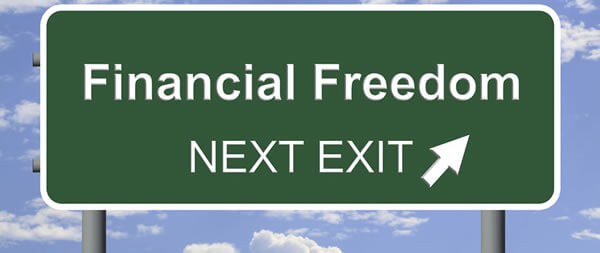Chapter 13 (reorganization) bankruptcy under the United States Bankruptcy Code provides debtors the opportunity to repay a portion or all of their debts over a period. Under Chapter 13, debtors can keep their property and repay most of the debts over time through a court-approved plan for repayment.
Qualifying for bankruptcy
To be eligible for Chapter 13 bankruptcy, you must possess enough regular income to propose a repayment plan that the bankruptcy court will approve. If your income is not regular or very low, the court may not allow your petition. Also, your debt must not be too high. To file under Chapter 13, the unsecured debts should not exceed $383,175 and the secured debts should not cross $1,149,525.
The process for Chapter 13 starts when you file a petition with the bankruptcy court. Once you file your petition, the court delivers an automatic stay order that prevents your creditors to carry out most collection actions against you or your property.

Repayment plan
Your repayment plan will express how you plan to repay all your debts. After the court approves your repayment plan, it will appoint a bankruptcy trustee. You will have to make monthly payments to the trustee which then will pay your creditors.
How much to repay
Under Chapter 13, certain debts must be paid in full while others may be partially repaid. Priority debts and non-dischargeable debts must be paid in full. You must make full payment for your secured debts if you wish to keep the collateral property against which you took the loans. Unsecured debts can be paid in part.
Duration of repayment plan
The duration of the repayment plan is dependent on your income and the amount of your debt. If your average income per month exceeds your state’s median income, you will have to opt for a five-year repayment term. If your income does not exceed the median, you may go for a three-year term.
What if the debtor is unable to make payments?
Due to any reason, if you are unable to make the payments, your plan may be modified by the trustee or the court may give you a hardship discharge or dismiss the plan. You may go for Chapter 7 bankruptcy.
The discharge
After you have completed making all the payments under the repayment plan, all your remaining debts will be discharged.

























Leave a Reply